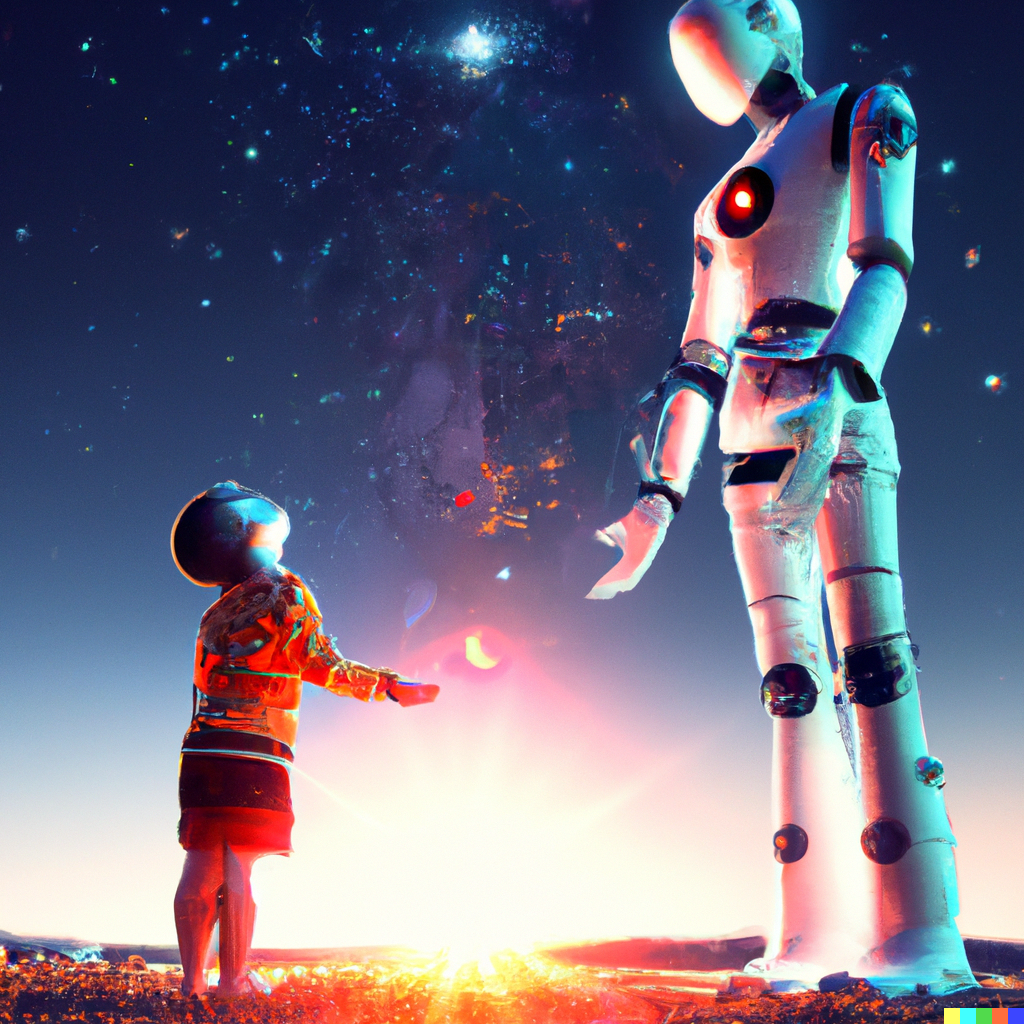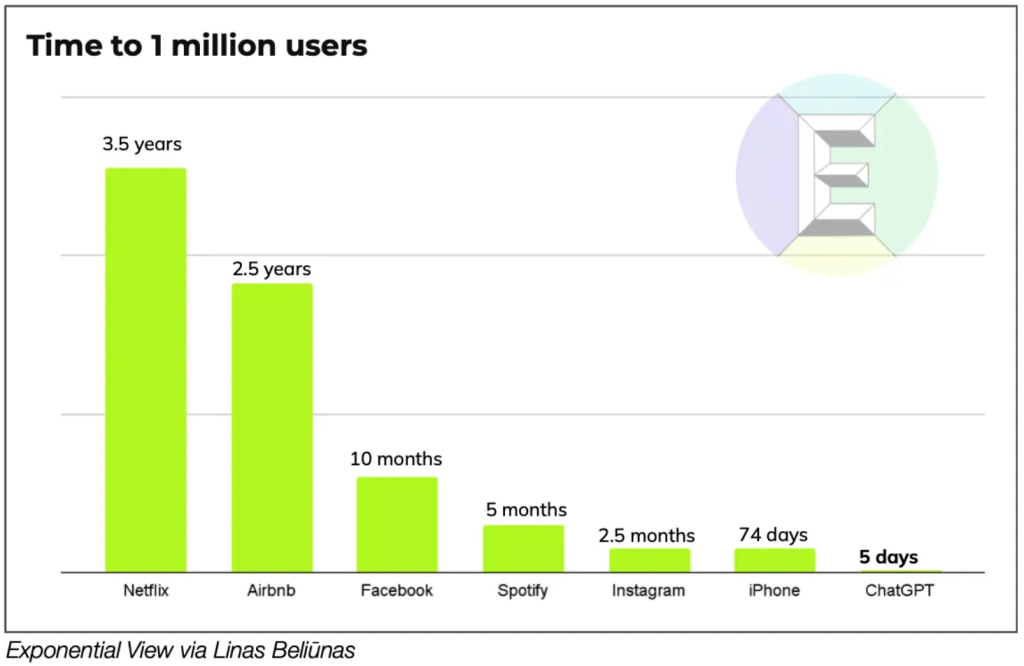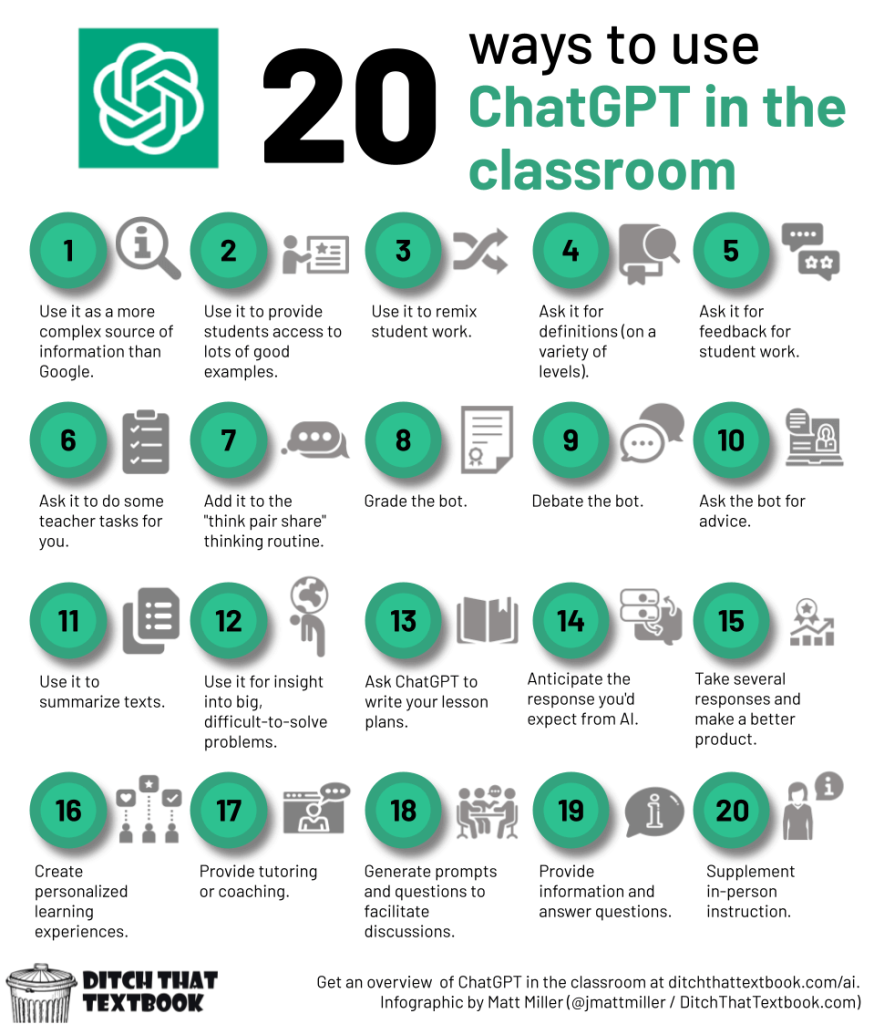While students are 20% of our population they are 100% of our future.
Prince Ea
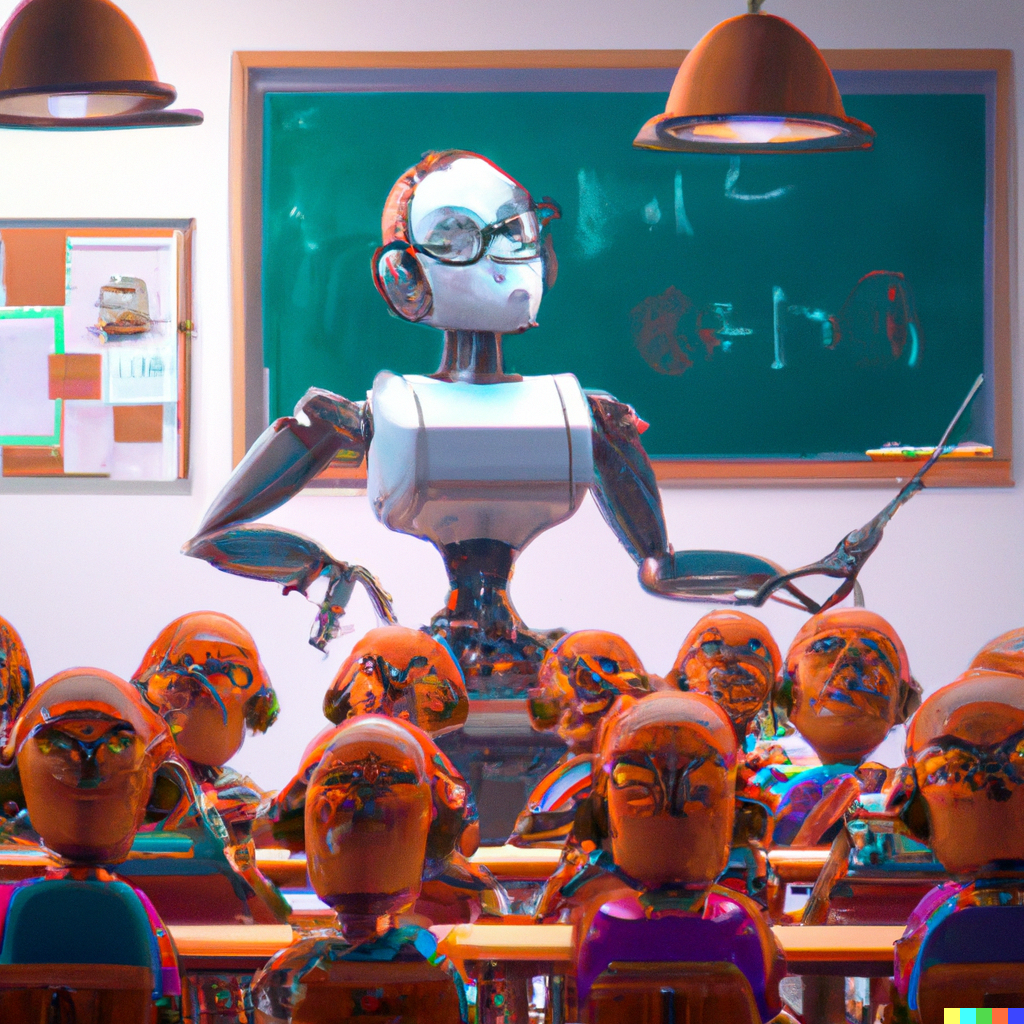
Education is an essential aspect of human development, and its primary objective is to prepare individuals to meet the challenges of life by imparting knowledge, skills, and values. It can be thought of as the transmission of the values and accumulated knowledge of a society. In this context, technology has always been at the forefront of human education, continuously pushing the boundaries of educational capabilities. With an ever-increasing pace of advancement in the technology available for children on a day-to-day basis, traditional learning methods are being called into question. The emergence of virtual assistants such as ChatGPT may represent a revolution that will finally define a paradigm shift in education that has been in the pipeline for some time and may well be necessary.
Lets analize the recent progress and the current state of education before joining the discussion.
A brief look at education’s recent history and current issues
From the days of carving figures on rock walls to the current digital age, technology has dramatically influenced the way education is delivered and received. In looking at where educational methods and tools have come from to where they are going in the future, technology’s importance in the classroom is evident now more than ever.

Apart from technological, the most important changes in education over the last century, taking US as an example, have sought to make classrooms places where anyone can learn. Around 1875, education became mandatory and free. From 1954, segregation in schools is considered uncostitutional. In the 70s, official acts were presented to prevent discrimination against students on the basis of sex and to ensure free and appropriate education for students with disabilities. Finally, since the beginning of the 21st century, the diversity of options in secondary study programs has been expanded considerably, with recent emphasis on STEM subjects.
Nevertheless, not everything is as right as rain: In recent times, the methods of schooling have become less harsh, but the premises about the nature of learning remain unchanged, with education being seen as hard work that must be forced upon children.
Children now are almost universally identified by their grade in school, much as adults are identified by their job or career.
Peter Gray, research professor of psychology at Boston College

“You must do your work and then you can play.” Who has not ever heard that? The distinction between work and play is emphasized in schools according to this message. Work, which encompasses all of school learning, is something that one does not want to do but must; and play, which is everything that one wants to do, has relatively little value. This issue is being addressed in recent times and methods like “learning through play” are growing in popularity.
There also seems to be an increasing gap between education methods and children’s access to technology which is turning schools and programs outdated at a faster pace than ever. New teaching methods, usually involving interactive apps, are emerging in those schools that have been sucessful in keeping up with the pace in which technology, and children’s perception of it, are evolving. In order to achieve this, tablets or laptops are being introduced with more frequency in the classrooms.
With these early signs of the technological change that is coming in the (education) world, lets talk about one of the newest yet most promising “friend” that has joined us since November 2022 and how it my become an essential tool for students and teachers.
ChatGPT: potential to revolutionise save the education system

The recent advancements in artificial intelligence technology have given rise to a new tool called ChatGPT, a highly advanced AI language model trained on a massive dataset of text from the internet. ChatGPT has the ability to respond to a wide range of questions, provide information on a variety of topics and generate text in a conversational manner that mimics human speech. It can also perform tasks such as fixing spelling and grammar errors, giving feedback on writing, writing poems, songs and essays, generating working code and much more, and it does quite well for how experimental and widespread it is. In fact, it performs so well that in many schools where English is the native language, it is starting to be banned.
In the times in which we live, significant changes in our lifestyle, in our interaction with the environment and even in the environment itself, are becoming more and more common, any news spreads faster than ever before and society responds accordingly. This does not make it any less surprising that ChatGPT reached one million users in just five days, because where there’s smoke, there’s fire, and this chatbot is fire.
With a reputation acquired at the speed of light and a potential recognisable from the first interaction, it has sparked fear and concern among educators and school districts, who (well-foundedly) worry that it could be used for cheating and completing assignments. Jenna Lyle, a spokesperson for the New York City’s Department of Education, stated that while the tool may provide quick answers, it does not build critical thinking and problem-solving skills, which are crucial for academic and lifelong success. In response, the New York City Public Schools, the largest school district in the U.S., announced that it was banning ChatGPT across all district devices and networks. Other big city districts such as Seattle, Baltimore, and Los Angeles have also blocked access to the app, and more may soon follow.
While the potential for cheating has to be addressed, some argue that the technology should be embraced instead of hidden. OpenAI CEO, Sam Altman, commented in a recent interview that it may be possible to help teachers detect the output of AI systems like ChatGPT, but a determined person will eventually find a way around them. He believes that generated text is something that society must adapt to, much like the way we adapted to calculators and changed the way we tested in math class.
We strongly support this belief and we want to further develop and refine his statement. Istead to comparing it to calculators, we like to compare it to Wikipedia. By the time we entered secondary education – we are from the 99 – it was becoming a thing, so teachers warned us to not use it, partly because they feared we would get used to “the easy way” and partly because it used to contain erroneous information. But, by the time we left high school, those same teachers were already using it as a reference, and nowadays it is a legit encyclopedia that can be consulted even for specific, technical information. We also believe that ChatGPT is the natural next step in the evolution of how we collect and interact with the information that we gather ourselves; we will come back to this point in the conclusion.
Altman further highlights the benefits of this technology, which are indeed extreme. ChatGPT has already been able to pass exams at a U.S. law school and U.S. Medical Licensing Exam (USMLE), writing essays on topics ranging from anatomy to taxation and constitutional law. Moreover, with the roumored soon-to-come release of ChatGPT 4, a new and improved version of the current ChatGPT 3, its functionalities and precision will only continue to increase.
Befriend the tool and push each other to the next level
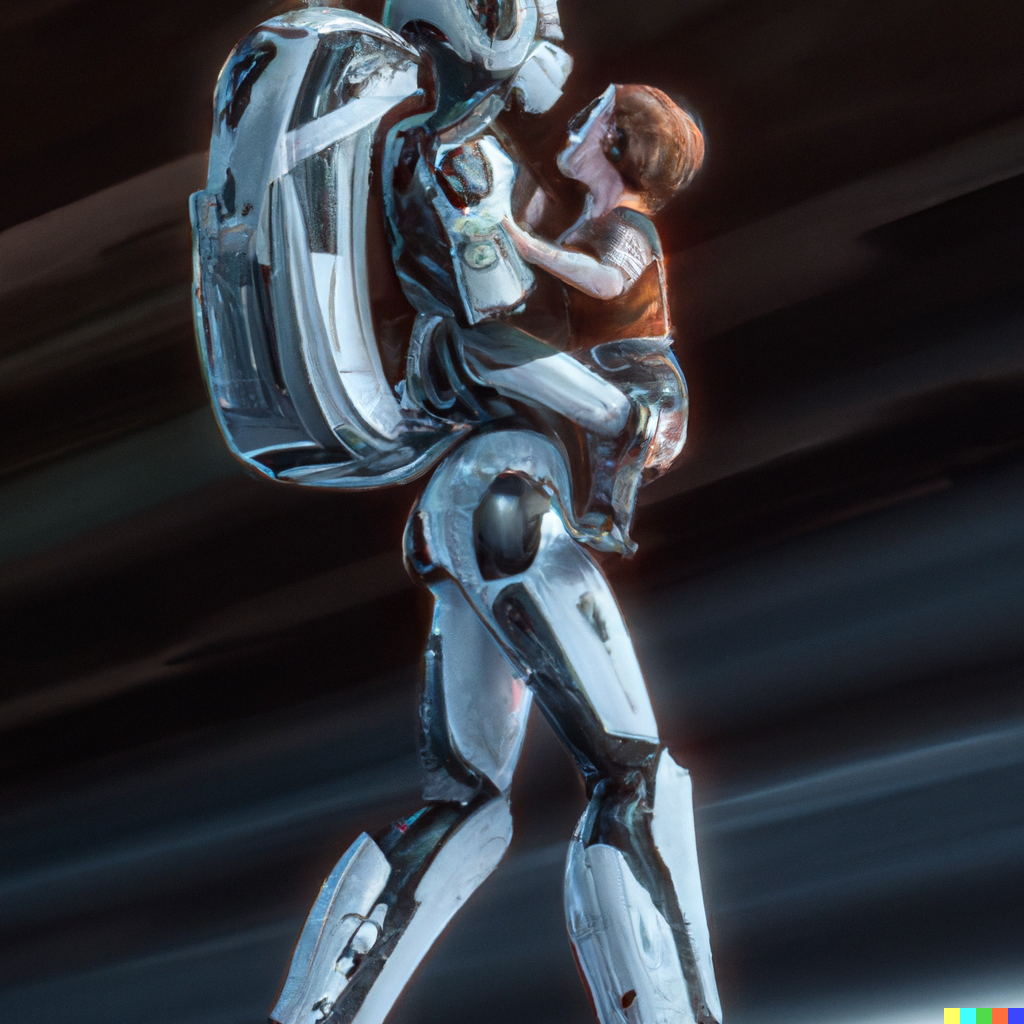
Lets now answer the question of how can chatbots enhance the learning experience. Many experts, like Frederick Luis Aldama, the humanities chair at the University of Texas at Austin, plan to use chatbots to teach less commonly taught texts and according to him, this may encourage students to venture outside of familiar, well-known works. The chatbot may motivate “people who lean into canonical, primary texts to actually reach beyond their comfort zones for things that are not online,” he said.
Similarly, other teachers cited in an Ed Week report on chatGPT advocate for using chatbots to focus on the writing process, allowing students to take the bot’s initial response and revise it. In an article for Forbes, Peter Greene states that chatbots are not going to end the traditional view of school classes, but it could mark the end of formulaic, mediocre writing and offer a new era of education.
Some experts are already proposing many different ways we can use chatGPT in the classroom (check the picture!) These AI-powered chatbots could offer students personalized learning, more accessibility and engagement. AI can adapt to a student’s strengths, weaknesses, and learning pace, as well as address learning difficulties early on, providing a personalized learning experience. This can also help to develop critical thinking and problem-solving skills, as students are encouraged to explore and question the information they are personally asking for. It can also bring education to remote communities, providing equal access to quality learning resources 24/7. Moreover, chatbots can integrate with other technologies in the classroom, offer multilingual support, and provide interactive and gamified learning experiences, making education more engaging for students.
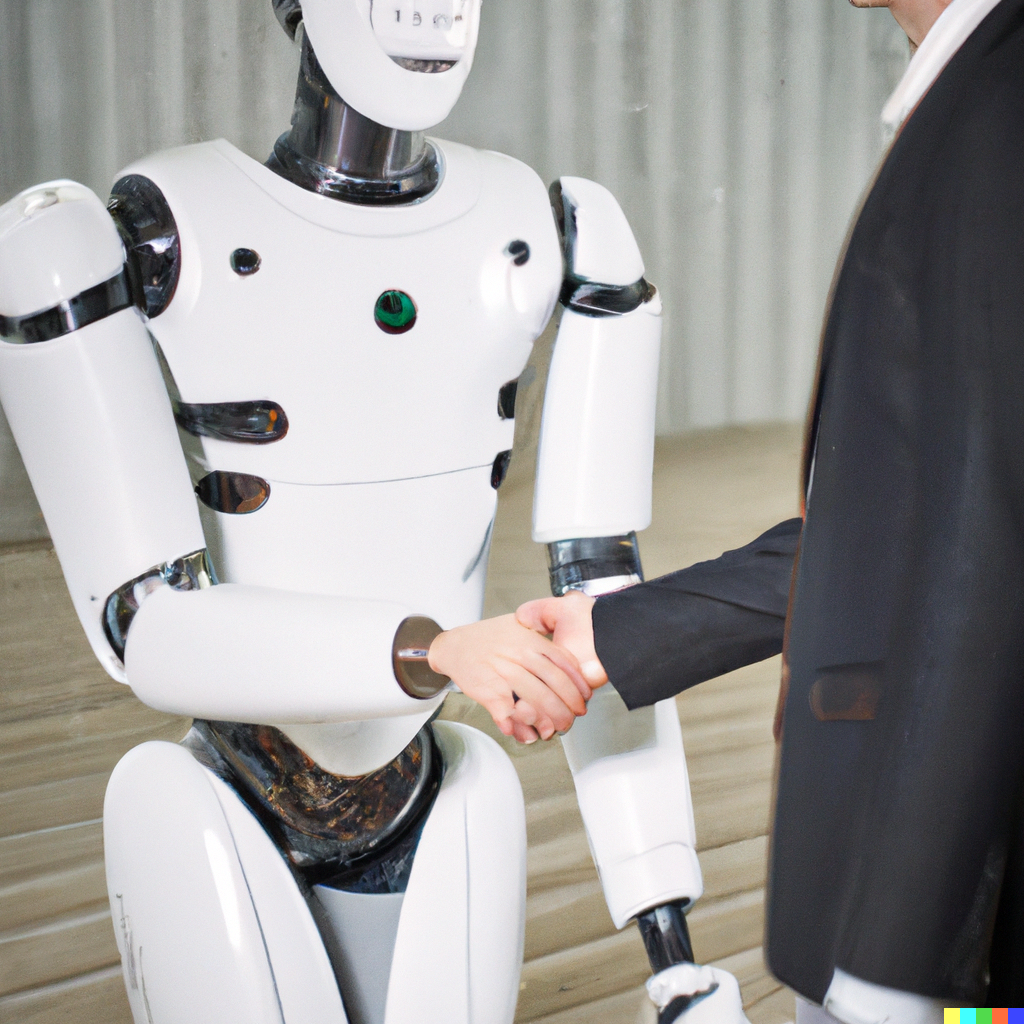
Apart from providing assistance for kids and in the classroom, chatbots can also provide benefits to teachers in terms of professional development. With AI automating tasks such as grading papers and administrative work, teachers can focus more on their own professional development and research. This can help to keep teachers up-to-date with the latest educational advancements and best practices, which in turn can improve their teaching skills and benefit their students.
Wrapping up
In the recent history, new technologies have played an essential role in how we learn. The use of AI technology for education raises important questions about the future of learning and the role of these new tools in the classroom. While it is important to address the potential for cheating, it is equally essential to consider the inevitable arise and the benefits that this technology offers and find ways to integrate it into the education system in a responsible and effective manner. The reality is that we are in a new world now, and the future of education will be shaped by our ability to adapt and evolve with the changing technological landscape.
